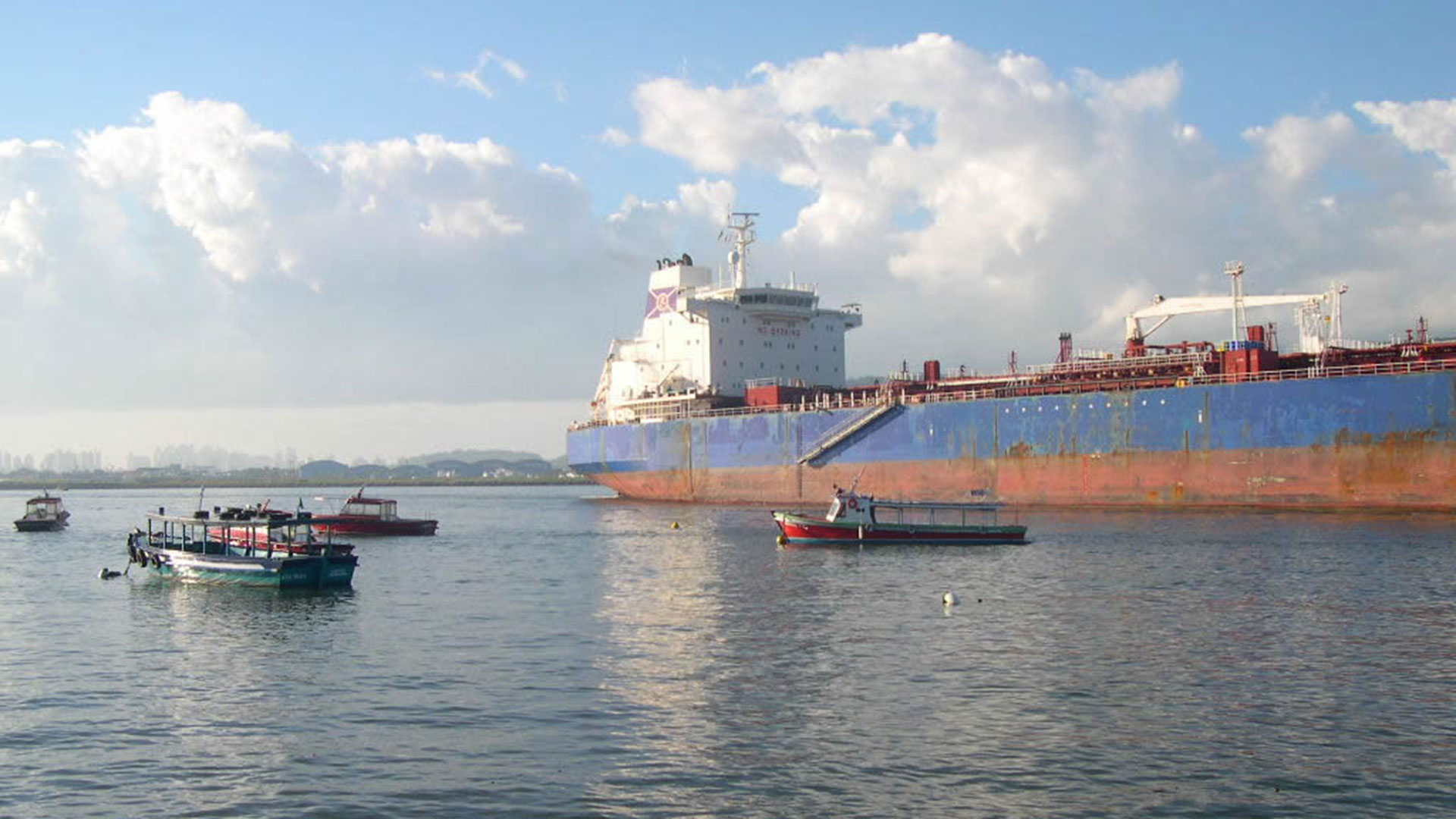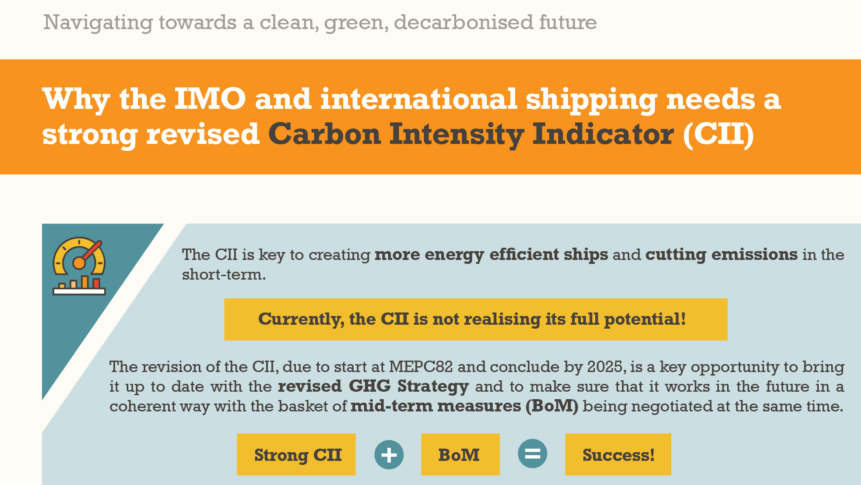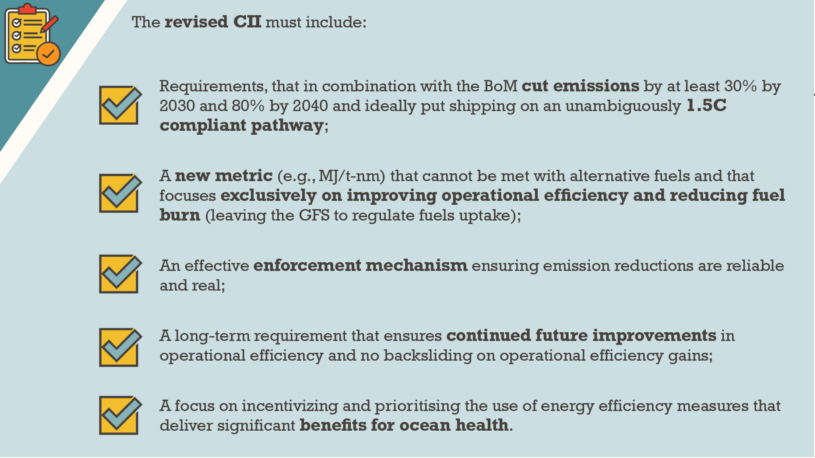Developing countries scupper fuel-efficient ship plans

The first global agreement to cut carbon emissions from ships has been blocked by several developing countries. The International Maritime Organisation’s (IMO) Marine Environment Protection Committee (MEPC) had been set to approve an Energy Efficient Design Index (EEDI) for ships at its meeting last week in London, following four years of work. The standard, which would only apply to newly built ships, would have been the first globally agreed measure to reduce carbon emissions from international maritime transport.
But key developing states led by China, India, Brazil, South Africa and Saudi Arabia who had been deeply involved in the process all along, blocked the adoption process at a late Friday session of the IMO MEPC [1].
Bill Hemmings, of EU sustainable transport campaigners Transport & Environment (T&E) said: “Fuel efficiency standards are key to cutting greenhouse gas emissions across the transport sector. It’s extremely disappointing to see such an obvious win-win policy blocked by a handful of short-sighted countries. Some developing countries appear to be worried about setting a precedent whereby a climate-related policy affects all countries equally. But that’s a missed opportunity because developing countries will benefit just as much as developed countries from ships that use less fuel.”
The question of how to proceed with the design index is likely to be considered again at IMO’s next session in mid 2011 but last week’s failure to agree is a major setback to global agreement on the issue.
The IMO’s efforts to develop a trading system to cut greenhouse gas emissions were also frustrated at last week’s meeting. Experts had analysed alternatives over the summer and come up with three key options: a global fund, emissions trading and the trading of efficiency credits based on the now-delayed design index.
The IMO will hold a special session to consider these issues further but discussions at last week’s meeting suggest developing countries will continue to frustrate progress by debating at length legal and political issues already studied by the experts, such as compatibility with the UNFCCC process and world trade rules.
John Maggs of Seas at Risk said: “The IMO process is stuck again until at least mid-2011 so it is now up to the EU to take the lead on agreeing measures to start cutting emissions from the shipping sector.”
Note to editors:
[1] As a result of developing country interventions, the meeting failed to agree to circulate the EEDI to IMO members which would have been the first stage in a process leading to its adoption by the 59 Parties to the IMO’s Marpol treaty on air pollution from shipping.
Seas at Risk (SAR) and Transport & Environment (T&E) attended the meetings on behalf of the Clean Shipping Coalition (CSC) which has observer status at the IMO. www.cleanshipping.org


